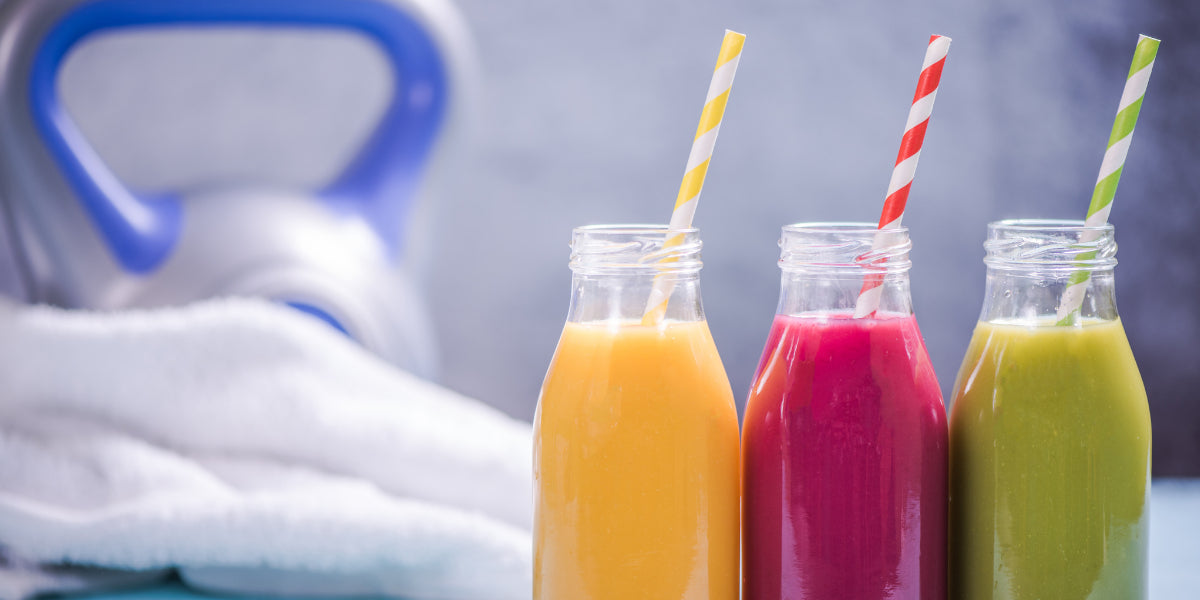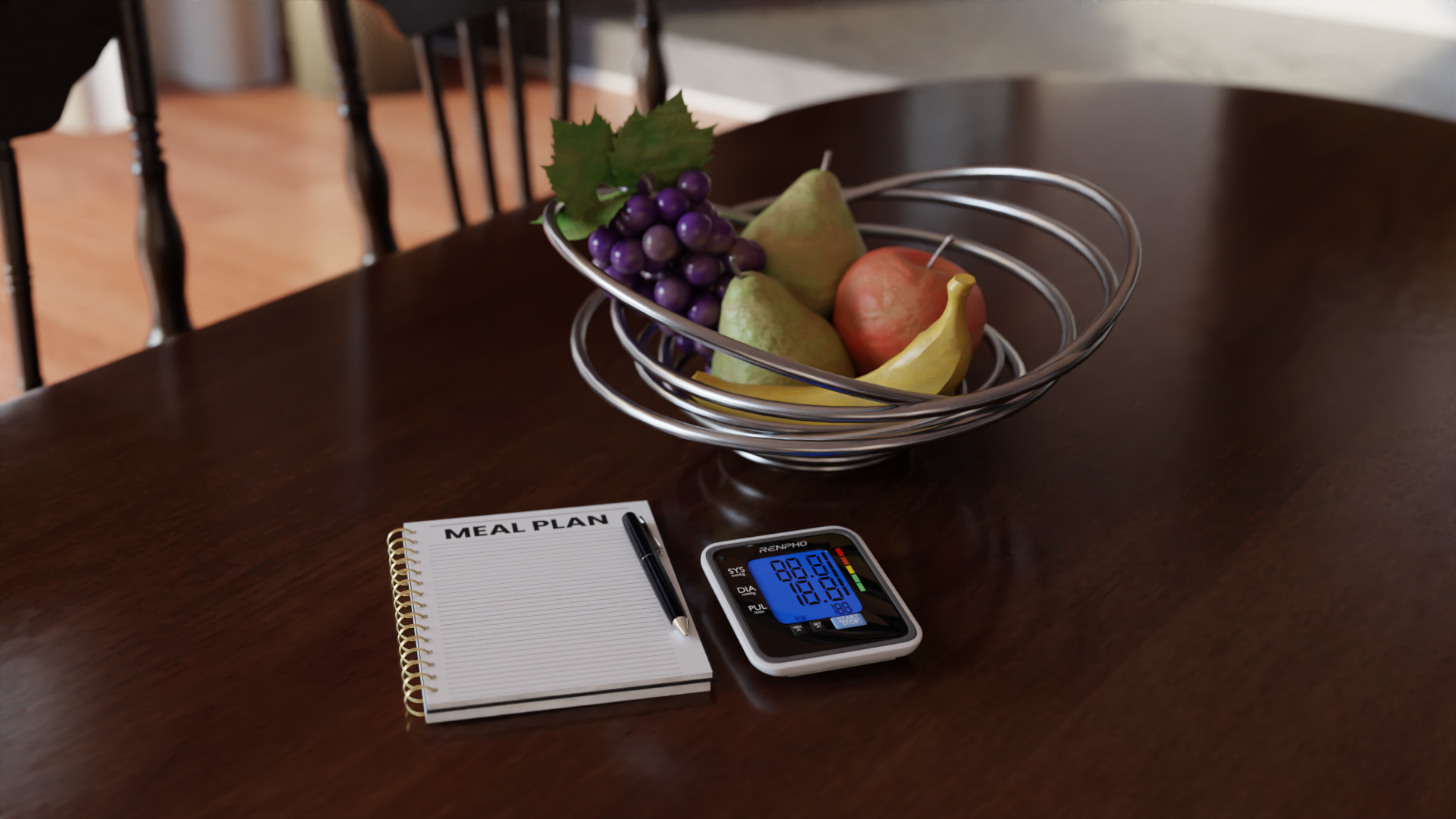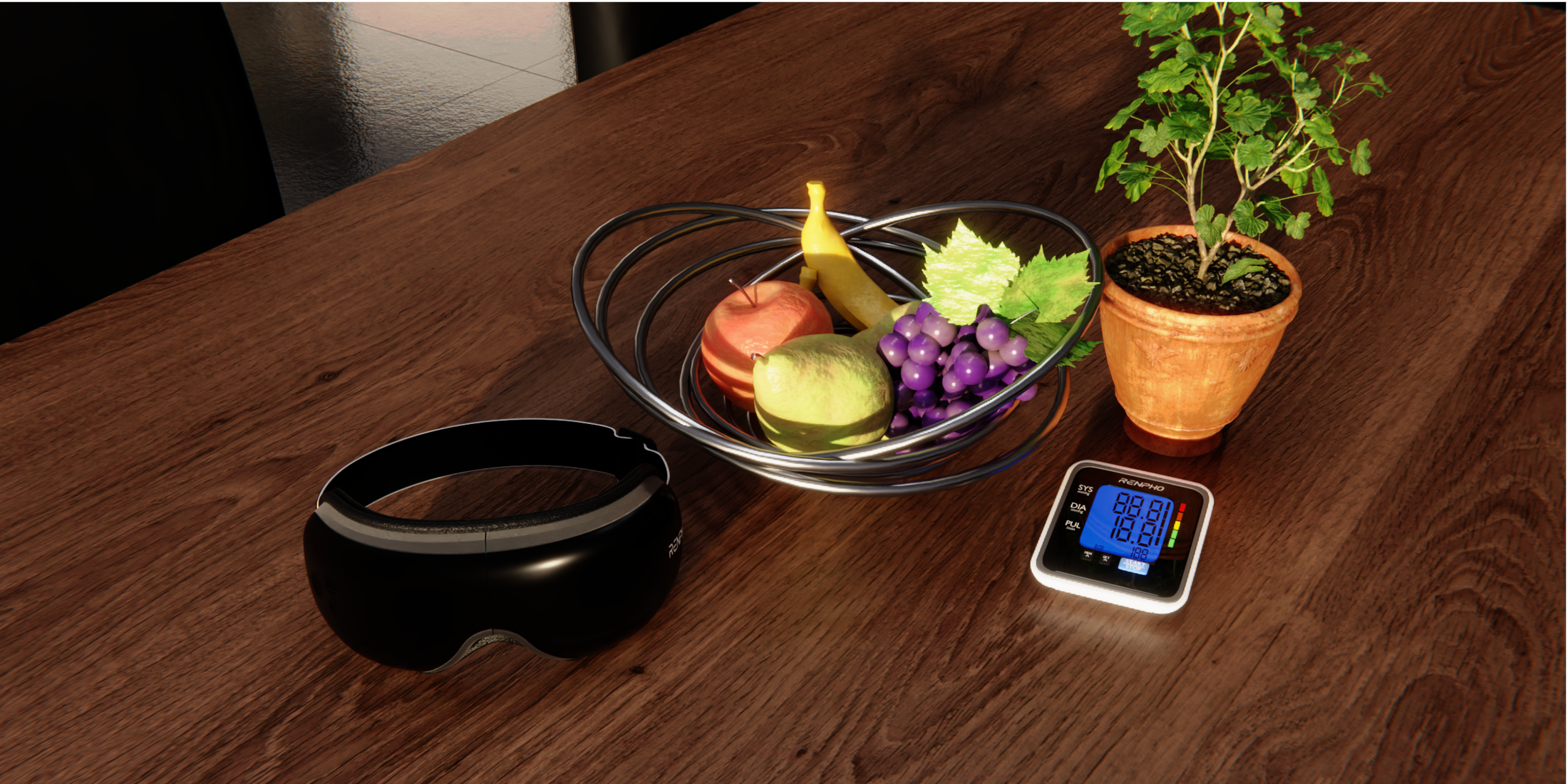As the winter season approaches, it's important to pay close attention to our hydration levels. Many of us may not realize that staying properly hydrated is just as crucial during the colder months as it is during the hot summer days. In fact, the dry and cold air often leads to increased water loss from the body, making it essential to drink enough water to maintain overall health and wellbeing.
During the winter, our bodies lose water through respiration, as the dry air causes us to breathe out more moisture than usual. Additionally, indoor heating can also contribute to dehydration. The warm, dry air from heating systems can lead to increased water loss through the skin, further depleting our hydration levels.
Furthermore, many of us may not feel as thirsty during the winter months, which can lead to a decreased intake of water. However, it's important to remember that our bodies still require an adequate amount of water to function optimally, regardless of the season.
Why is Hydration Important in the Winter?

You may think that dehydration is only a problem in the summer, when the heat and the sun can make you sweat and feel thirsty. But dehydration can also occur in the winter, and it can have serious consequences for your health and performance.
Proper hydration is crucial for maintaining a strong immune system, as it helps to flush out toxins and waste products from the body. It also plays a key role in regulating body temperature and supporting the function of vital organs.
Some of the benefits of staying hydrated in the winter are:
- It boosts your immune system. Water is essential for your body’s defense against infections and diseases. It helps to flush out toxins, transport nutrients and oxygen, and produce antibodies and lymphocytes. By staying hydrated, you can help your immune system fight off the cold and flu viruses that are more prevalent in the winter.
- It improves your mood and cognition. Water is vital for your brain function and mental health. It helps to regulate your hormones, neurotransmitters, and blood flow. It also prevents dehydration-induced headaches, fatigue, and irritability. By staying hydrated, you can enhance your memory, concentration, creativity, and mood.
- It protects your skin and hair. Water is crucial for your skin and hair health and appearance. It helps to moisturize, nourish, and repair your skin cells and hair follicles. It also prevents dryness, flakiness, itchiness, and breakage. By staying hydrated, you can keep your skin and hair smooth, soft, and shiny.
Are There Signs of Dehydration?

Dehydration occurs when the body loses more fluids than it takes in, leading to an imbalance of electrolytes and other essential nutrients. Mild dehydration can cause symptoms like thirst and fatigue, while severe dehydration can lead to life-threatening complications.
One of the most common signs of dehydration is increased thirst. When the body is lacking fluids, it sends signals to the brain to increase fluid intake. If you find yourself constantly reaching for a glass of water, it may be a sign that you are dehydrated.
Another sign of dehydration is dark-colored urine. In a well-hydrated individual, urine should be a light-yellow color. However, when the body is dehydrated, urine becomes more concentrated, leading to a darker color. Monitoring the color of your urine can be a good indicator of your hydration status.
Feeling lightheaded and dizzy is also a common symptom of dehydration. When the body lacks fluids, blood pressure can drop, leading to feelings of dizziness and lightheadedness. If you find yourself feeling faint or unsteady, it may be a sign that you need to increase your fluid intake.
In the case of dropping or fluctuating blood pressure levels, the RENPHO Blood Pressure Monitor is a smart device that can measure your blood pressure and pulse rate with accuracy and convenience. By monitoring your blood pressure regularly, you can notice any changes that may indicate dehydration and take appropriate actions to rehydrate yourself and restore your normal blood pressure.
In addition to these signs, dry mouth, dry skin, and fatigue are also common symptoms of dehydration. It's important to pay attention to these signs and take action to rehydrate the body as soon as possible.
How to Stay Hydrated in the Cold Months?

Staying hydrated in the winter may seem difficult, but it is not impossible. Rehydration is a crucial part of maintaining a healthy body, especially for those who are physically active or who live in hot climates. When we sweat, we lose both fluids and electrolytes, which are essential for proper bodily function. Replacing these lost fluids and electrolytes is important to avoid dehydration. Here are some tips to help you drink enough water and avoid dehydration:
- Drink water regularly throughout the day. The easiest and most effective way to stay hydrated is to drink water frequently and consistently. Aim for at least 8 glasses of water a day, or more if you are active, sick, or pregnant. You can also use a water bottle, a hydration app, or a reminder system to help you keep track of your water intake.
- Drink water before, during, and after exercise. Physical activity can increase your water loss through sweating, breathing, and muscle contraction. Therefore, it is important to drink water before, during, and after your workout, to prevent dehydration and enhance your performance and recovery. You can also weigh yourself before and after exercise, and drink 16 ounces of water for every pound you lose.
- Drink water before and after consuming diuretics. If you enjoy drinking coffee, tea, cocoa, or alcohol in the winter, make sure to drink water before and after them, to compensate for the fluid loss they cause. You can also limit your intake of these drinks, or opt for decaffeinated, herbal, or low-alcohol versions.
- Eat more hydrating foods. Another way to increase your water intake is to eat more foods that have high water content, such as fruits, vegetables, soups, stews, and smoothies. These foods can also provide you with vitamins, minerals, antioxidants, and fiber, that can benefit your health and hydration. Some of the most hydrating foods are watermelon, cucumber, celery, lettuce, tomato, orange, grapefruit, apple, pear, banana, yogurt, oatmeal, and broth.
- Use a humidifier or a vaporizer. To combat the dryness and low humidity of the winter air, you can use a humidifier or a vaporizer in your home or office, to add moisture and improve the air quality. This can help you prevent water loss from your skin, eyes, nose, and throat, and reduce the risk of irritation and infection. You can also use moisturizers, lip balms, eye drops, and nasal sprays, to hydrate and soothe these areas.
Renpho Health Tips
-

Uncovering the Secrets of Digestion and Hydration for Longevity
March 20, 2023
Read more >
-

Healthy Drinks to Keep You Hydrated After Working Out
July 3, 2023
Read more >
-

5 Tips for an Effective Meal Plan for Lowering High Blood Pressure
November 28, 2023
Read more >
-

5 Biohacking Tips to Manage Your Blood Sugar and Increase Longevity
March 28, 2023
Read more >
-

5 Lifestyle Tips to Improve High Blood Pressure
October 18, 2023
Read more >



































